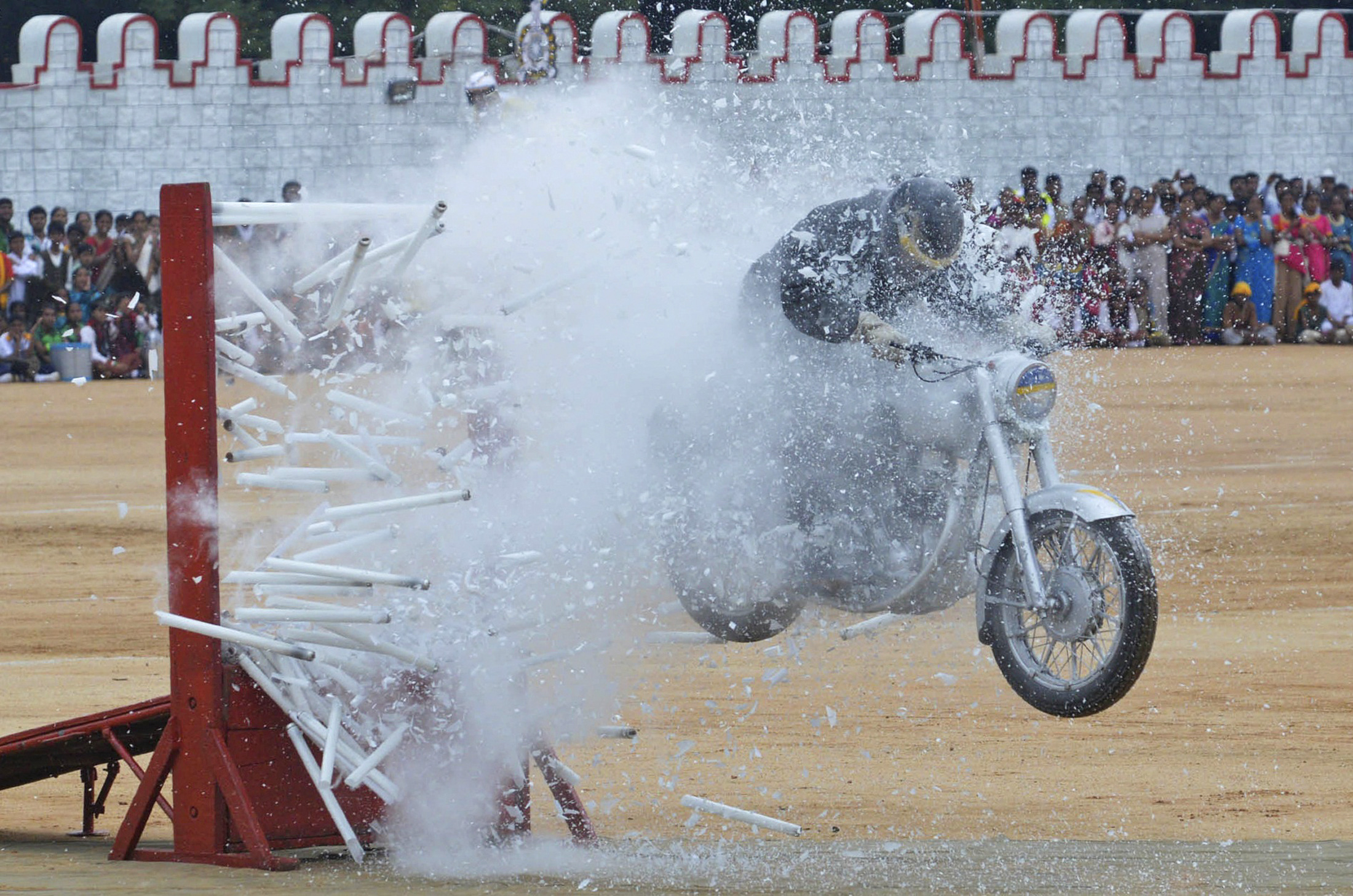Who do you want to work with: the show horse or the work horse, the talker or the doer, the looker or the grinder, the silver spoon or the scrapper?
Most of us gravitate to the show horses, the silver spoons and the lookers of the workplace-the politically savvy people who have perfected the art of suck up. They have affiliations that go by different names but for the most part you can find them in the insider networks, the good ole boy clubs and other in-groups who abide by the members only rule of “Who’s Who.”
They live and die by the mantra of apparent effectiveness. They fit the following profiles:
• Dress for success
• Never rock the boat
• Always plays nice
• Smooth talker
• Endless potential
What these folks lack is grit, the ability to take a punch and give one as well. They lack the aptitude to push through adversity. They stop at places gritty people move on from.
Sebastian Bailey, co-founder of Mind Gym, indicates there is a growing body of evidence that suggests that grit is a better indicator of long-term success than intelligence and mindfulness. Gritty:
• Men stay married longer.
• Children do better in spelling bees.
• People go further in college.
• Workers give more effort.
• Employees remain in one job longer.
Grit is such a valuable asset in the 21st century that many companies are making it a part of their hiring processes. They realize that most finalists are pretty even when it comes to education, experience, and references. What separates the pack is grittiness.
Danielle McMahan of American Express emphasizes that her company is looking for job candidates who can communicate their personal and professional hardships and then demonstrate how they created impact despite those challenges.
As many private sector organizations eliminate annual performance reviews, grittiness has emerged as an informal attribute that companies use to identity their high potentials. Instead of rating internal candidates against behavioral factors, firms like Alere, a diagnostic device and service provider, use measures like determination, agility and resilience to pinpoint high achievers who can thrive in a volatile, uncertain, constantly changing and ambiguous workplace.
Brains may get you an interview, but grit will get a job offer and possible career to boot.





Ah, but how does one *select* for it? I don’t dispute the value of “grit”, but that’s always the annoying detail that gums things up.
I came into the public service waving the flag for “wisdom” as a selection criterion. I can’t think of any among us who wouldn’t want a supervisor/manager/leader that was wise and courageous, yet nobody selects for it. Not that there aren’t tools for assessing wisdom (there are). But we end up in a situation whereby someone is rejected on the basis of “not enough wisdom”, and potentially “not enough grit”. And few selection systems can withstand the backlash that would come with doing so.
When the basis for selection or rejection is something we feel we can work on and improve, (whether through courses, or workshops) we’re fine with being told we don’t have enough for the job. When it’s something we feel we can’t change about ourselves, the rejection feels very different and sends a different message,
“When it’s something we feel we can’t change about ourselves, the rejection feels very different and sends a different message.”
Those people don’t have grit. ; )